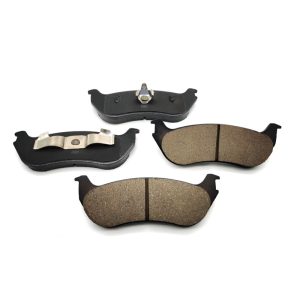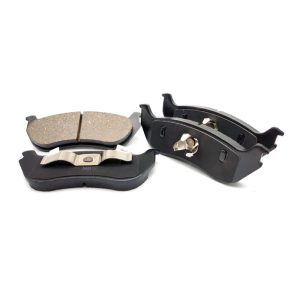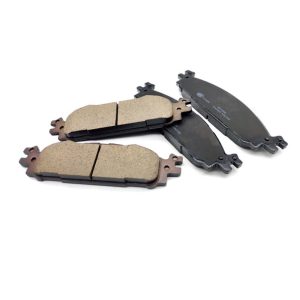


Brake pads are an essential component of your vehicle’s braking system. They are responsible for providing the necessary friction needed to slow down or stop your vehicle. However, over time, brake pads wear out and need to be replaced. The question is, how often should you change your brake pads?
The frequency of brake pad replacement depends on various factors such as driving conditions, driving habits, and the type of brake pads used. As a general rule, brake pads should be replaced every 30,000 to 70,000 miles. However, this can vary depending on your driving style and the type of brake pads you use.
Driving Conditions
If you frequently drive in heavy traffic or on hilly terrain, your brake pads will wear out faster than if you mainly drive on flat roads. This is because driving in stop-and-go traffic or on steep hills requires you to use your brakes more often, causing them to wear out faster.
Driving Habits
Your driving habits also play a major role in brake pad wear. If you tend to brake hard or frequently, your brake pads will wear down faster than if you brake lightly. Also, if you have heavy feet, you may need to change your brake pads more often than someone who drives more conservatively.
Type of Brake Pads
The type of brake pads you use also affects how often they need to be replaced. There are two main types of brake pads: organic brake pads and ceramic brake pads. Organic brake pads are made from materials such as rubber, carbon and Kevlar. They are usually less expensive, but not as durable as ceramic brake pads. Ceramic brake pads are made of materials such as ceramic fibers and copper fibers. They are more expensive than organic brake pads, but last longer.
In my view, the frequency of brake pad replacement depends on various factors such as driving conditions, driving habits, and the type of brake pads used. As a general rule, brake pads should be replaced every 30,000 to 70,000 miles. However, it’s essential to keep an eye on your brake pads and have them inspected regularly by a professional mechanic to ensure they are in good condition and functioning correctly.

